Search Results
Showing results 1 to 20 of 26
Healthy Buffet
Source Institutions
In this nutrition activity (page 2 of the PDF), learners will be split up into food groups (Fruit, Vegetable, Meat & Beans, Grain, and Dairy) and draw a picture of their favorite food from their g
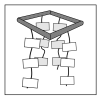
Food Chains and Webs
Source Institutions
In this activity, learners investigate feeding relationships. Learners complete a food web and then make a mobile to represent a food chain.
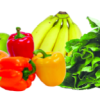
Fruits and Vegetables: Color Your Plate
Source Institutions
In this activity, learners explore healthy choices related to the foods they eat. The importance of a variety of fruits and vegetables to a healthy diet is the focus of the experience.
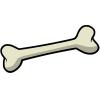
Calcium Collage
Source Institutions
In this activity (on pages 11-14 of PDF), learners cut out pictures from magazines of foods that help make bones strong and glue the pictures to a paper bone.
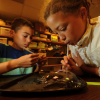
Soap Bubble Art
Source Institutions
Capture soap bubble patterns on paper! In this activity, learners can create beautiful pictures from popping soap bubbles.
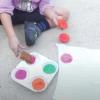
Discovery Time: Trees
Source Institutions
In this activity, young learners (2 years and up) explore tree structure and biology. Tree products are explored by painitng with fruit.
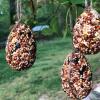
For the Birds
Source Institutions
In this activity, learners will explore nature by creating food for birds. Learners will develop fine motor skills and engage in nature observation through this activity.
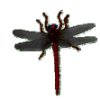
Going Buggy: Three Body Parts
Source Institutions
In this fun snack and craft activity, young learners make "Ants on a Log" and their own model of an insect. The purpose is to learn the three main insect body parts—head, thorax and abdomen.
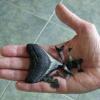
Chomp
Source Institutions
In this activity (page 5 of pdf), learners explore the relationships between the shape and structure of a shark's teeth and the food it eats, and then create their own shark tooth from clay.
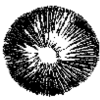
How to Make a Spore Print
Source Institutions
In this activity (p.25 of PDF), learners investigate spores. Mushrooms produce millions of spores which are equivalent to the seeds of plants but without the massive food reserves.
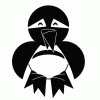
Fraction Penguin
Source Institutions
In this craft activity, learners will recognize, name, and compare the fractions 1/2, 1/4, and 1/8 by constructing a penguin out of portions of paper circles.

Dye Like A Natural
Source Institutions
In this activity, learners stain fabrics--on purpose!
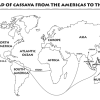
Green Travelers
Source Institutions
In this activity (on pages 23-29), partners use the Plant Traveler Cards, along with a world map and map worksheets, to follow plants such as cassava, chocolate and coffee that grew first in one part
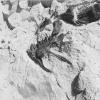
Fossil Dig Site
Source Institutions
In this activity (located on page 5 of PDF), learners work in groups to create dig sites for display.
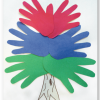
Handy Family Tree
Source Institutions
In this bilingual (English/Spanish) activity, learners create family trees by tracing the hands of their family members.
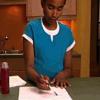
Invisible Ink
Source Institutions
In this simple chemistry activity (page 1 of PDF under SciGirls Activity: Colorblind Dogs) about acids and bases, learners will mix a baking soda and water solution and use it to paint a message on a
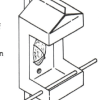
Bird Feeder
Source Institutions
In this outdoor activity, learners construct bird feeders and set them up at to investigate bird behavior for one or two weeks. Multiple feeder designs are suggested.
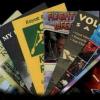
Destination Tidepool
Source Institutions
In this activity (page 7 of pdf), learners research tide pool ecosystems, and then create brochures that "advertise" these environments.
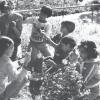
Invent an Animal
Source Institutions
In this outdoor activity and game, learners explore how animals adapt for survival through coloration, markings and camouflage.

Soggy Science, Shaken Beans
Source Institutions
Learners explore soybeans, soak them in water to remove their coat, and then split them open to look inside. They also make a musical shaker out of paper cups, a cardboard tube, and soybeans.
